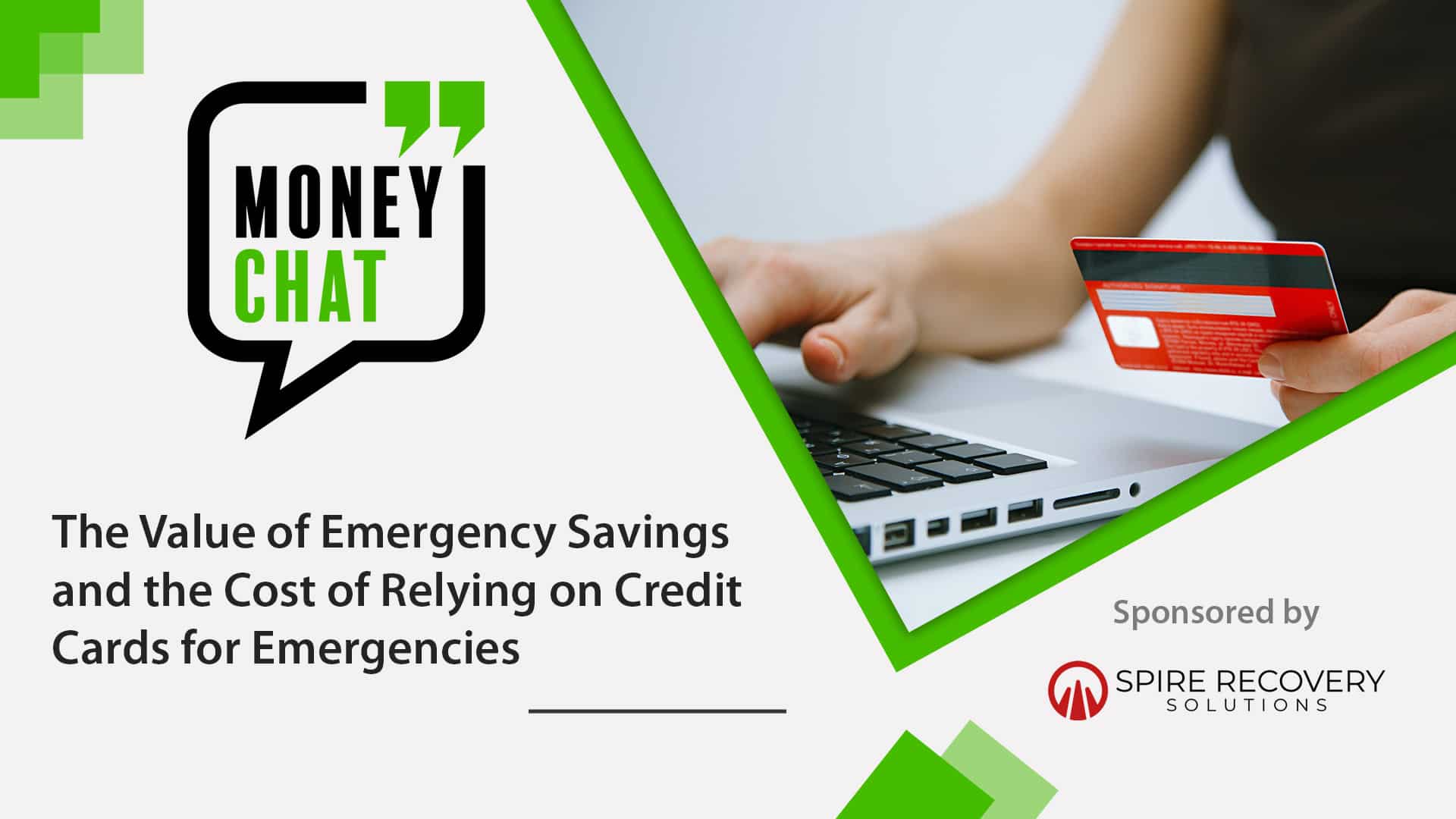
How to Check Your Credit Score For Free
The basis of a credit based financial system is each individual citizen’s credit score and history. When purchasing any item utilizing credit, your credit score is generally referenced and the transaction is noted for future use by any other financial institution. Most notably, your credit score affects the calculation determining how much money you are given, and what interest rate will be charged for that loan. Multiple services and locations exist where you can check your credit score for free, and we will go over the most popular options.
In this Money Chat, we will help you understand what a credit score is, how it is furnished, and how you can check your credit score at regular intervals to ensure you remain in good standing.
What Is A Credit Score?
Invented in 1989, a FICO Credit Score is used by lenders to help make reliable and fast credit risk decisions across the customer lifecycle. Should a consumer come to a bank wanting to buy a new home, their credit score will help the bank determine the risks associated with making a loan to that consumer for that purpose. In short, the credit score will determine how much a consumer may borrow from the bank, the cost of the loan (interest rate), and if the loan will be approved. The bank weighs the risk and reward factors accordingly.
Credit scores are given from 0-850, but only considered valid from 300-850, with 300 being the lowest active credit score possible and 850 being a nearly unattainable perfect credit score. 300-579 is considered poor credit. 580-669 is fair. 670-739 is good. 740-799 is very good. And finally 800-850 is exceptional credit.
Your credit score is determined by five factors:
- How often you pay your accounts represents 35% of your credit score;
- The total amount of credit you currently owe represents 30% of your credit score;
- The length of time your credit accounts have been active represents 15% of your score;
- The mix of credit account types (such as credit cards, mortgages, auto loans) represents 10% of the score;
- And the newest credit lines represent the remaining 10% of your score.
These percentages vary slightly based on what credit bureau is reporting your score, but it’s imperative that to have a good credit score, you must pay all of your bills on time as 35% of your score is explicitly determined by “how reliable the consumer” is.
But a FICO score isn’t the only thing issued to each U.S. citizen. Over time, as you begin to apply for credit cards and utilize credit (either in the form of a loan or using a credit card), you begin to generate new credit scores from the three major credit bureaus—Equifax, Experian, and TransUnion. However, due to the nature of credit reporting, these three bureaus make up what is known as the “educational” credit scores, or reference credit scores. These scores are used to help consumers better guide themselves toward a higher FICO score, which is used by over 90% of lenders to make final loan decisions.
How to Check your Credit Score
Having a good credit score represents your ability as a U.S. citizen to purchase a car with reliable interest rates, be granted a mortgage by top lenders, and receive lines of credit when you need them to clear emergency bills or outstanding debt. Checking your credit scores from specific sources depends on a variety of factors, including what financial institutions you use for banking. That being said, annually U.S. citizens are allowed to use AnnualCreditReport.com to check their credit report.
As an amendment to the Fair Credit Reporting Act (FCRA), the U.S. government passed the Fair and Accurate Credit Transactions Act (FACTA) issuing the three major U.S. credit reporting agencies to jointly provide AnnualCreditReport.com.
AnnualCreditReport.com, along with providing consumers with a free mechanism to monitor their credit report, also offers financial education resources on how to stop identity theft, understand the credit system, and how to avoid scam actions against your credit. To request your free report, you must make a free account on the website and fill out detailed forms for the institutions to find your account.
Report versus Score
It is important to note that AnnualCreditReport.com does not grant you access to your credit score. While a report will provide you with a detailed account of your credit history, it will not have a score attached. To find your credit score, each of the individual credit bureaus allows consumers to make free accounts to monitor their individual scores from their website.
There is no fundamental difference in each version of this credit documentation. Your annual credit report will have a detailed breakdown of the credit you’ve used throughout the year, while your score will be an amalgamation of that data into one number. Having access to both will help you better understand your financial standing.
Other Ways to Check your Credit Score
Consumers looking to check their credit scores via other means may have access to other free tools. There are many third-party credit score services like Credit Karma that will provide you with an approximate score based on their quick access to the three credit bureaus’ information, but the best way to monitor your credit score is through your bank.
Most major U.S. banks, like Chase, U.S. Bank, or Bank of America, will provide you with a monthly credit score simply for having an open account with that bank. In addition, your credit card companies will also most likely provide you with a free credit score based on your credit usage. To find these reports, visit your bank’s website and browse through their additional offerings when logged into your account.
Free Digital Literacy Resources
Having a good grasp of your credit score, your credit history, and how your future credit applications will be impacted by your previous financial choices will help you pay down your debts and stay secure for your future.
To understand the ins and outs of the credit life cycle and how accounts are distributed, paid, and removed from credit reports, visit Receivable Info’s Money Chat series. There are dozens of free, easily accessible financial education resources for consumers to explore to avoid uncertainty as they navigate debt. If you want to learn more about financial literacy or your rights as a consumer, please visit the Receivables Info Resources Page.
Have an idea for a Money Chat topic?
We want to hear from you! If you have a suggestion for a future Money Chat topic, please email us at [email protected].
The information contained in this article is meant to serve as general guidance for consumers and not meant to serve as comprehensive financial advice. For questions about your individual circumstance, finances, or accounts, please contact your creditor(s) and/or financial advisor directly.
Thank you to our sponsor Orion Capital Solutions
Orion Capital Solutions, LLC is a professional, nationally licensed collection agency headquartered in Orchard Park, New York. Founded in 2018, we provide outstanding services to our clients and consumers through the integration of technology and an experienced and compassionate team. We have over 30 years of experience in delivering exceptional results for creditors and realistic solutions for consumers.









